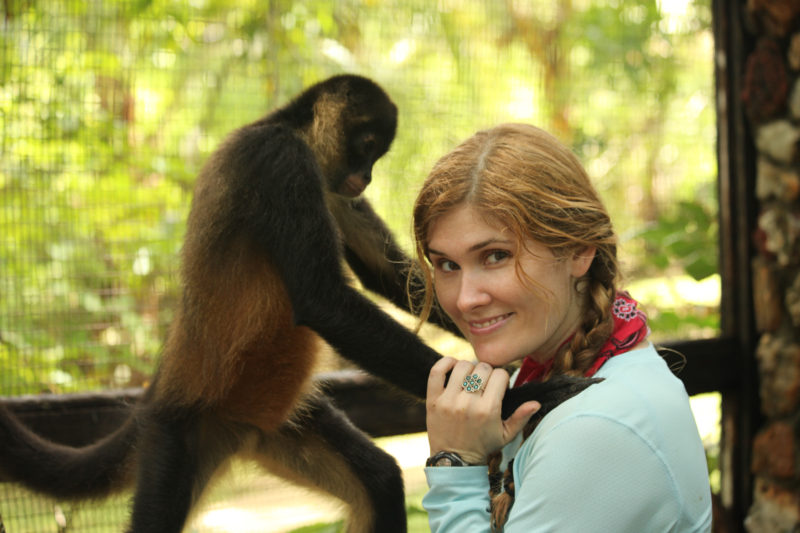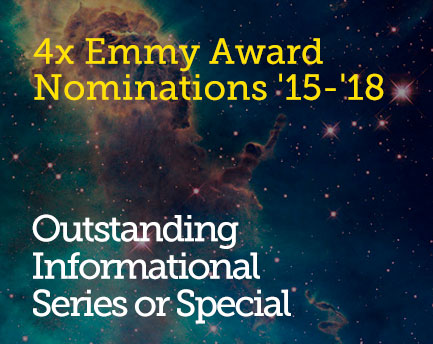July 6, 2017 8:00 pm
Friday – Neil Tyson Explores the World of Primates with Natalia Reagan and Chuck Nice
I remember the first “Neil deGrasse Tyson video” I ever watched. It’s a popular one, many versions of it exist; most include “The Most Fascinatingly Disturbing Thought” in the title. In the video, Neil talks about how we’re made of star stuff and he also talks about the immense intelligence gap between humans and chimps and how it comes from roughly a 1% difference in DNA – and how it might not be as great as we tell ourselves.
I remember how fascinated I was by that thought – and I was reminded of my early fascination because this week on StarTalk Radio we’re answering fan-submitted Cosmic Queries about primatology. Neil deGrasse Tyson and comic co-host Chuck Nice are joined by primatologist (and StarTalk All-Stars host) Natalia Reagan to talk all things primates.
We cover it all, from strange mating rituals, ape homicide, and fecal seed distribution to technology-based human evolution, Neanderthal and human interbreeding, and the intelligence behind Planet of the Apes.
You’ll also hear Natalia talk about the spider monkey census she helped conduct during her time studying spider monkeys in Panama. I always love things like this – it’s interesting to hear from professionals who’ve been in the field and taken part in scientific research you never would have thought to exist, like a spider monkey census!

Primatologist and StarTalk All-Stars host Natalia Reagan with “Cantinflas,” a critically endangered Azuero spider monkey endemic to the Azuero peninsula in Panama. Photo credit: Jairo Batista Bernal.
There’s also a little slice of space in this episode when a fan asks if it’s possible to have primates amongst the recently discovered TRAPPIST-1 system, leading Neil and Natalia to discuss the developing industry around TRAPPIST-1, environmental DNA, and if primates leave any mark on the atmosphere.
You also don’t want to miss the conversation on the higher learning capabilities of non-human primates and how our study of primate intelligence must go beyond pattern recognition and sign language to social behavior and more. Going back to that first Neil video I watched, this is another interesting way to look at the intelligence gap. Maybe the difference in DNA creates different categories of intelligence – like comparing apples and oranges. However, that’s just my philosophical thought.
Lastly, Natalia demonstrates a howler monkey call and reveals her favorite primate – hint – it has do to with her research.
What’s your favorite primate? Let us know in the comments below!
Please join us tomorrow night for Cosmic Queries: Primatology at 7pm EDT right here on our website, as well as on Apple Podcasts, Google Play Music, SoundCloud, Stitcher, and TuneIn. And if you’re an All-Access subscriber, you can watch or listen to this episode ad-free at 7pm, too.
That’s it for now. Keep Looking Up!
–Ian Mullen
Get the most out of StarTalk!
Ad-Free Audio Downloads
Ad-Free Video Episodes
Stickers & Mugs
Live Streams with Neil
Priority Cosmic Queries
Early-Access Videos
Learn the Meaning of Life
...and much more

 Become a Patron
Become a Patron

